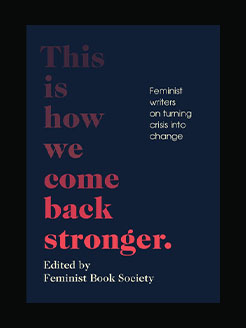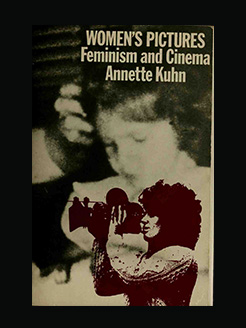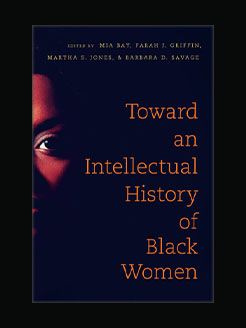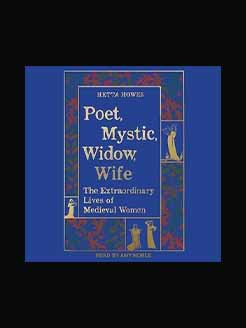Published in 2013
308 pages
He Zhen (Chinese: 何震, 1884 – 1920) was an early 20th century Chinese feminist and anarchist. Born He Ban in Yizheng, Jiangsu, she married the noted scholar Liu Shipei in 1903 and went with him to Tokyo. She then took the name He Zhen (He “Thunderclap”) but signed her published writings He-Yin Zhen (何银珍) in order to include her mother’s maiden name. She published a number of strong attacks in anarchist journals on male social power which argued that society could not be free without the liberation of women.
Born into a prosperous Jiangsu family and apparently given a good education in the Confucian classics in spite of being female, she and her sister were married to brothers. She married Liu Shipei in 1903, and soon she and Liu moved to Shanghai, where she continued her education at the Patriotic Women’s School run by Cai Yuanpei. She and Liu moved to Tokyo in 1904. She was a mainstay of the Chinese anarchist group in Tokyo and a major contributor to the journal Tianyee (Tianyi) (Natural Justice), which published in the two years 1907-1908, as well as to the Paris journal, Xin Shiji (New Century or New Era), edited by the anarchist group there led by Li Shizeng and Wu Zhihui. She and her husband both wrote under pen-names, and many of her articles were misattributed to Liu. He Zhen also founded the Women’s Rights Recovery Association (Nüzi Fuquan Hui), which called for the use of force to end male oppression of women as well as resistance to the ruling class and capitalists while endorsing traditional values such a perseverance and respect for the larger community.
In 1909, after a falling out with the conservative but deeply anti-Manchu scholar Zhang Taiyan, she and Liu returned to China to work with the Manchu government. After the Revolution of 1911, Liu worked with the new government, then was a faculty member at Peking University.
The end of He Zhen’s life is still in mystery. Following Liu’s death from tuberculosis in 1919, she was rumored to have become a Buddhist nun and ordained under the name Xiao Qi, but there were also reports that she died of a broken heart or mental disorder.
What is this book about?
He-Yin Zhen was a theorist who figured centrally in the birth of Chinese feminism. Unlike her contemporaries, she was concerned less with China’s fate as a nation and more with the relationship among patriarchy, imperialism, capitalism, and gender subjugation as global historical problems. This volume, the first translation and study of He-Yin’s work in English, critically reconstructs early twentieth-century Chinese feminist thought in a transnational context by juxtaposing He-Yin Zhen’s writing against works by two better-known male interlocutors of her time.
The editors begin with a detailed analysis of He-Yin Zhen’s life and thought. They then present annotated translations of six of her major essays, as well as two foundational tracts by her male contemporaries, Jin Tianhe (1874-1947) and Liang Qichao (1873–1929), to which He-Yin’s work responds and with which it engages. Jin, a poet and educator, and Liang, a philosopher and journalist, understood feminism as a paternalistic cause that liberals like themselves should defend. He-Yin presents an alternative conception that draws upon anarchism and other radical trends. Ahead of her time, He-Yin Zhen complicates conventional accounts of feminism and China’s history, offering original perspectives on sex, gender, labor, and power that remain relevant today.
Good insight and review by Asita from goodreads:
I was amazed by He-Yin Zhen’s words exposing the male-centeredness of the progressive Chinese men’s feminist agenda. I’m pasting a section below:
Chinese men worship power and authority. They believe that Europeans, Americans, and the Japanese are civilized nations of the modern world who all grant their women some degree of freedom. By transplanting this system into the lives of their wives and daughters, by prohibiting the practice of footbinding, and by enrolling them in schools to receive basic education, these men think they will be applauded by the whole world for having joined the ranks of civilized nations. Not only would the man enjoy such a reputation, his entire family would as well, and he himself would be credited as a pioneer. For instance, when a man brings his wife and daughters to a social gathering in a public square filled with crowds, he wants to draw people’s attention so they marvel at him with such comments as “Aren’t these So-and-So’s wife and daughters? They are certainly more enlightened than your ordinary Chinese women!”







